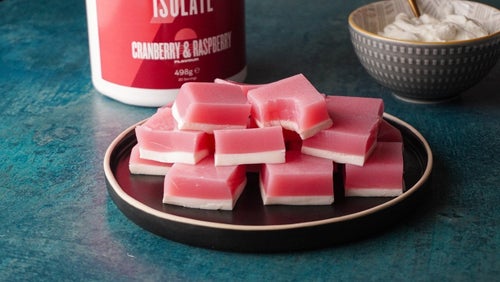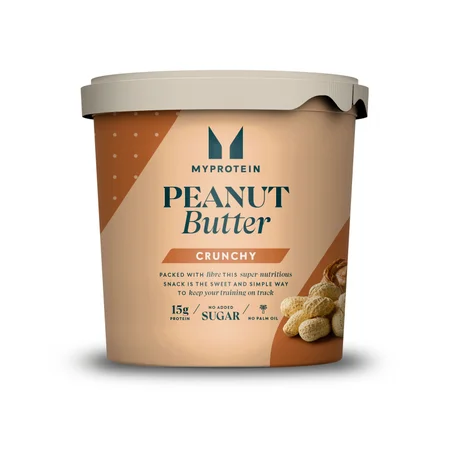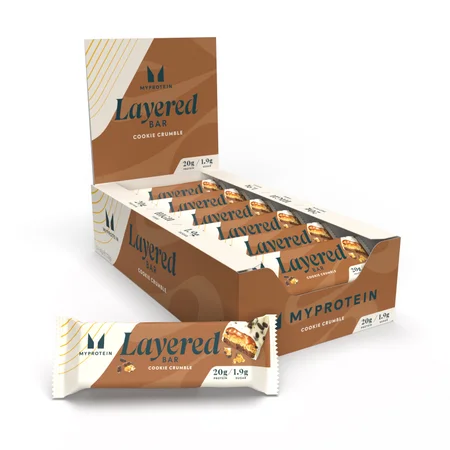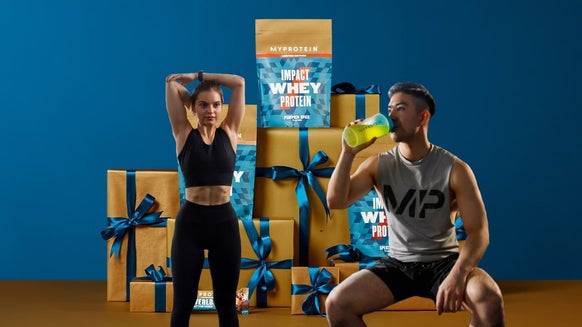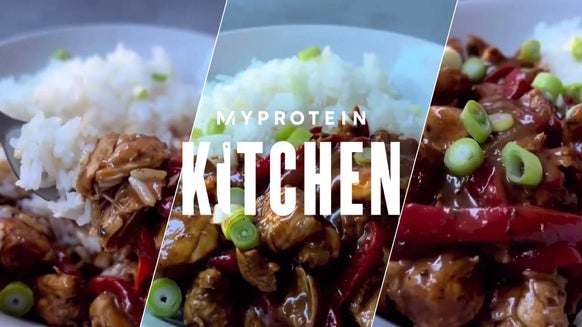Mesomorph Diet: What Food Should You Eat As A Mesomorph?

Body types have so much variation, but some say they can be separated into three main categories. Namely; endomorph, ectomorph and mesomorph.1 These categories were first suggested by the psychologist William Sheldon in 1940, and it was suggested that you ought to adjust your dietary intake to fit your body type. However, your body type is not static and your somatotype is just a description of your current characteristics. Adjusting your diet and training accordingly can help to change your body type, but this isn’t necessarily down to this somatotype model.

What is a mesomorph?
A mesomorph is thought to have an athletic build and a classic “V” shape to them. They typically have higher levels of muscle mass and lower amounts of fat mass.
What should mesomorphs eat?
Regardless of body type, it’s important to get both calorie and macronutrient intake correct when looking to make changes to your physique. As lean muscle mass contributes to resting energy expenditure and mesomorphs tend to have higher levels of muscle mass, mesomorphs may need a higher calorie intake.
Protein
Protein is an extremely important macronutrient for anybody – especially those looking to maintain and increase body mass. For those with athletic build looking to build muscle, it’s recommended you consume 1.6g/kg of bodyweight of protein a day.2 Ideally this should be distributed throughout the day (approximately every 3-4 hours), with protein sources consisting of a good amino acid profile.3
Carbohydrates
Carbohydrates can be very beneficial for performance and recovery and those with a leaner build and higher levels of muscle mass will be able to consume more carbs with less risk of gaining body-fat. Glycogen is stored in muscle mass and therefore, the higher your muscle mass, the greater storage you’ll have.
High GI carbs can be particularly beneficial post workout as they will help to replenish glycogen levels faster.4 This will allow you to train at a high intensity every session. It’s approximated that a tough, high volume weight session will deplete glycogen levels by up to 40%. So, if you’re performing a lot of resistance training it’s important that you're getting plenty of carbs in.5
Fats
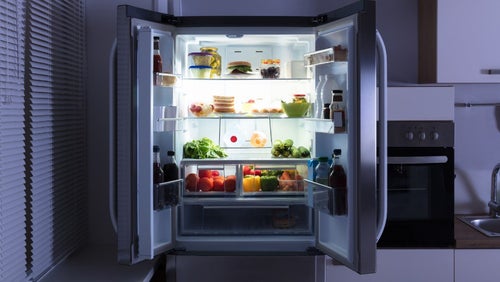
How Much Fat Should You Eat Per Day?
Is it really as bad for you as you think?
Recommended foods for mesomorphs
Protein Sources:
100g = 145kcals, 32g Protein
Chicken breast is an excellent lean protein source which is high in essential amino acids needed to increase muscle protein synthesis. Chicken breast is made up of 43.2% essential amino acids and is a particularly good source of the branched chain amino acid isoleucine.
100g = 184kcals, 32g protein
Like chicken, pork loin is also a lean protein source with a good amino acid profile. Pork also contains b-vitamins (especially B1, B3, B6 and B12) and minerals such as phosphorus and selenium.
100g = 100kcals, 24g
Cod is a particularly lean protein source with 100g providing only 100kcals as well as B12 and selenium. It’s recommended by the NHS that you consume 2 portions of fish a week (one white fish and one oily fish).
1 scoop = 84kcals, 20g protein
1 serving (65g, uncooked) = 224kcals, 49g of carbohydrate
Basmati rice is a high GI carb source which makes it a great post-workout option as it will allow you to quickly replenish your glycogen stores and improve your recovery rate. This can be especially important if you’re training with high volume and frequency.
1 serving (65g, uncooked) = 226kcals, 44g carbohydrate
A low fat, high-carb food, pasta will help provide the calories needed to perform at a high intensity in the gym and help recover afterwards. Pasta is also a good source of manganese, copper and B1.
1 medium jacket (165g) = 165kcals and 34g of carbohydrate
A medium jacket potato is a good carb source and provides a wide variety of vitamins and minerals. A medium jacket will also provide 4g of fibre which is important for good digestive health.
Fats:
276kcals, 27g fat (16.1g monounsaturated, 3.1g polyunsaturated).
Avocados are a great source of healthy monounsaturated and polyunsaturated fats and provide a range of micronutrients including vitamin E, B-vitamins and potassium. A whole avocado will also provide 4.8g of fibre.
100g = 205kcals, 13g fat (4.9g monounsaturated, 3.5g polyunsaturated, 3g omega 3s)
Although predominantly considered a protein source, salmon is also a good source of omega-3s which have been associated with a range of different health benefits including improved heart health, immunity and mood.
Take home message
READ THIS NEXT:

Liam is a certified sport nutritionist with the International Society of Sport Nutrition and is enrolled on the British Dietetics Association’s Sport and Exercise Nutrition register. He has a Bachelor’s of Science in Sport and Exercise Science and is graduate of the ISSN Diploma in Applied Sport and Exercise Nutrition.
Liam is an experienced personal trainer, helping clients reach their health and fitness goals with practical, evidence informed exercise and nutrition advice. In his spare time Liam has competed in numerous powerlifting competitions and enjoys hill walking, football and expanding his recipe repertoire in the kitchen.Find out more about Liam's experience here.
- Carmichael, L., Sheldon, W., Stevens, S. and Tucker, W., 1941. The Varieties of Human Physique. An Introduction to Constitutional Psychology. The American Journal of Psychology, 54(3), p.457.
- Jäger, R., Kerksick, C.M., Campbell, B.I. et al. International Society of Sports Nutrition Position Stand: protein and exercise. J Int Soc Sports Nutr 14, 20 (2017). https://doi.org/10.1186/s12970-017-0177-8
- Areta JL, Burke LM, Ross ML, Camera DM, West DW, Broad EM, Jeacocke NA, Moore DR, Stellingwerff T, Phillips SM, Hawley JA, Coffey VG. Timing and distribution of protein ingestion during prolonged recovery from resistance exercise alters myofibrillar protein synthesis. J Physiol. 2013 May 1;591(9):2319-31. doi: 10.1113/jphysiol.2012.244897. Epub 2013 Mar 4. PMID: 23459753; PMCID: PMC3650697.
- Burke, L., van Loon, L. and Hawley, J., 2017. Postexercise muscle glycogen resynthesis in humans. Journal of Applied Physiology, 122(5), pp.1055-1067.
- Knuiman, P., Hopman, M.T.E. & Mensink, M. Glycogen availability and skeletal muscle adaptations with endurance and resistance exercise. Nutr Metab (Lond) 12, 59 (2015). https://doi.org/10.1186/s12986-015-0055-9
